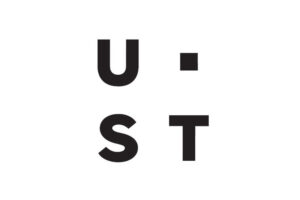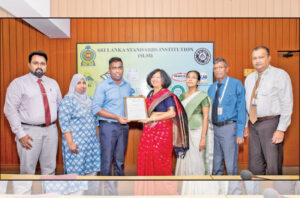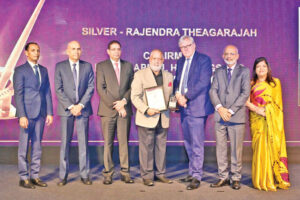Illegal buying practices of local gems by foreign nationals leaves state coffers dry

It was disclosed at the Sectoral Oversight Committee on Environment, Natural Resources & Sustainable Development that there is a tendency of the government being deprived from receiving the expected tax due to the Chinese and Thai nationals illegally buying local gemstones at very low value from the market. It was further discussed that due to this, injustice is being done to gem businessmen who run their business fairly by paying taxes to the government.
This matter was taken into discussion at the Sectoral Oversight Committee on Environment, Natural Resources & Sustainable Development as it met to discuss issues related to import, export and re-export in Gems and Jewellery sector recently in Parliament under the Chairmanship of Ajith Mannapperuma.
Representatives of business associations engaged in the Gems and Jewellery sector, officials including the Chairman of the Gems and Jewellery Authority, officials from the Ministry of Finance, Economic Stabilization & National Policies, officials from the Sri Lanka Customs and the President’s Senior Additional Secretary (Agriculture and Environment) were called before this Committee.
Hon. Ajith Mannapperuma, Chair of the Committee, pointed out that the main expectation of these discussions is to work to restore the prestigious name of Sri Lankan gems among foreign countries and to get foreign exchange from the export and re-export of gems.
Officials representing the Ministry of Finance pointed out that an amended Bill has already been submitted to Parliament to exempt the process from the 2.5% social security tax imposed on the importation of gems for re-export, and the relief is to be given to businessmen in the future. It was also revealed that even if you have to pay a tax of 2.5% while importing gems for re-export by courier, you can bring a lot of precious gems as hand luggage by paying only 200 US dollars. The businessmen also asked gem traders to consider the possibility of levying 2.5% on turnover from the 30% income tax levied on profits on gem exports.
In order to avoid the tax levied by the government on cash transactions of more than Rs.500,000/=, the gem businessmen in the field are often tempted to carry out such high value cash transactions in cash and as a result, the businessmen who transact money fairly through banks and pay taxes properly to the government have to leave the field. The Chair of the Gems and Jewellery Authority told the committee that policies are currently being formulated to regulate the encroachment of foreign nationals into the gem industry in the country, and the committee emphasized the need for immediate implementation of the relevant policies.
The jewelers demanded that the import of gold be allowed tax-free through a license based on 30% of the exporter’s previous years’ export earnings or foreign exchange earnings. Officials representing the Ministry of Finance pointed out that there is currently no import hurdle for businessmen registered with the Board of Investment to obtain a permit for temporary importation of gold for export processing. Only import of 24 carat gold jewellery has been stopped, they said.
Sri Lanka Customs officials who were present said that under the TIEP Scheme (Temporary Import for Export Processing), gold can be imported into Sri Lanka without tax by registering with the Ministry of Industries as a raw material required by jewellery businessmen. However, due to the complexity of the process, businessmen expressed their reluctance to do so.
The Committee also focused its attention on the proposal received from gem businessmen regarding the establishment of a Sri Lankan bank in China or the establishment of a Chinese bank in Sri Lanka to facilitate their business activities. The official representing the Central Bank of Sri Lanka said that “Bank of China” has been operating in Sri Lanka since 2018 and establishing a Sri Lankan bank in China is difficult in view of the economic crisis that Sri Lanka is currently facing.






